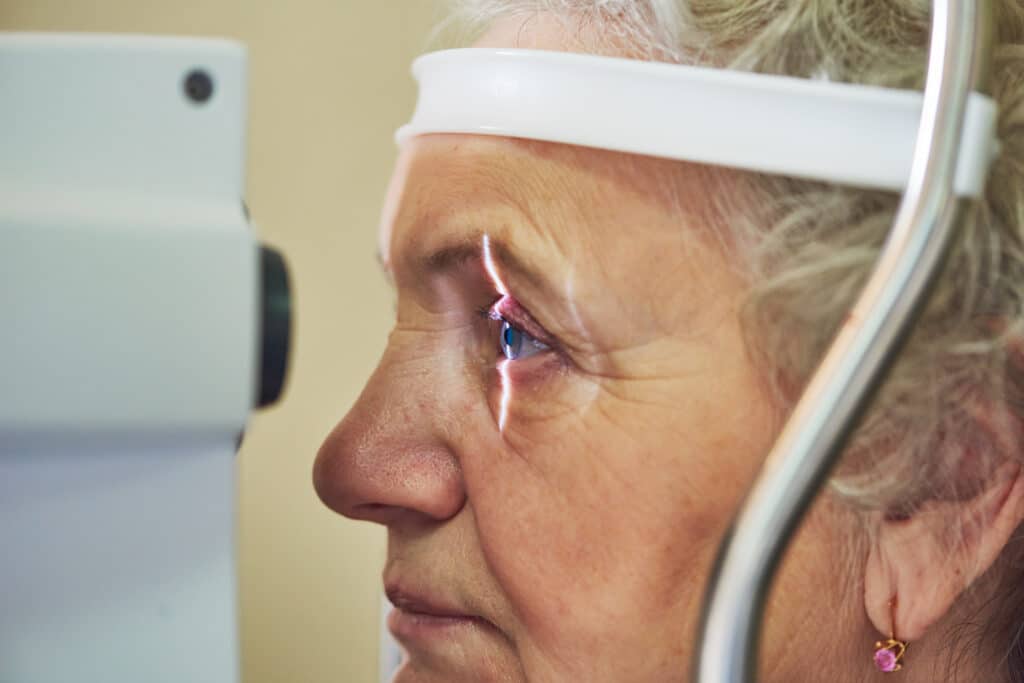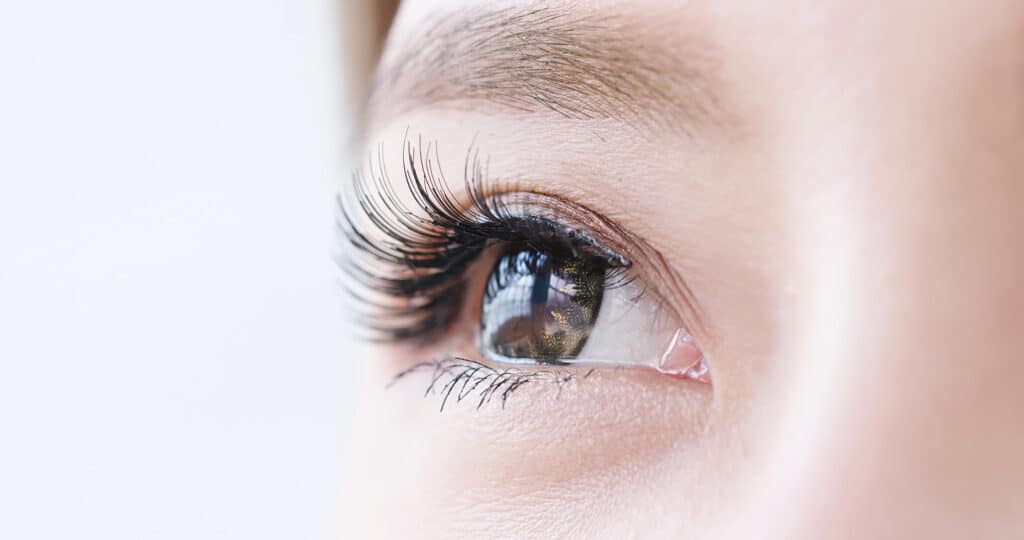What is Macular Degeneration, and What Causes It?
February 28, 2023
Many of us notice our vision getting blurry as we age. Presbyopia, or difficulty with close-up vision, affects nearly everyone over the age of 40. However, some people experience blurriness and vision loss in the center of their vision. This symptom can indicate macular degeneration, an eye condition that progresses over time.
What is Macular Degeneration?
When light enters your eyes, it falls on the retina, which sends information to the brain. Light from the central area of your vision falls on a part of the retina called the macula. When this area becomes damaged, you lose vision in the center but not your side (peripheral) vision. This condition, macular degeneration, is a common cause of vision loss in those over 65. Macular degeneration has wet and dry forms that have different causes and are treated differently.

What Causes Macular Degeneration?
Macular degeneration means part of the retina has been damaged. The cause of that damage depends on whether you have the dry or wet type.
Dry macular degeneration happens when protein clumps called drusen deposit in the macula. These proteins cause ongoing damage that results in vision loss. Scientists do not know what causes these common clumps to damage the macula in some people. However, it happens more often in Caucasians, people with obesity, and those with other risk factors. 90% of people have this type.
Wet macular degeneration happens when abnormal blood vessels form under the retina. These vessels leak fluids that build up in the layers at the back of the eye. This fluid results in blurred vision that progresses to vision loss. While less common than the dry type, it causes the same symptoms of central vision loss and other vision problems.
The Path to Clearer Vision Starts Here
How is Macular Degeneration Treated?
Treatment for macular degeneration depends on the type. The dry type currently has no treatment. A combination of vitamins and supplements can limit symptom progression for some people. Some people may benefit from photodynamic or laser therapy.
Eye doctors can use anti-VEGF drugs to treat wet macular degeneration. These drugs are injected every four to six weeks to stop the overgrowth of blood vessels. Some people see improvements in vision as the affected blood vessels shrink. Others can prevent symptoms from progressing.
Early macular degeneration diagnosis lets you preserve as much of your vision as possible in both types. Schedule an appointment if you notice blurry vision or lines that should be straight but look wavy.
Take the Next Step
If you’d like to learn more about macular degeneration, schedule a consultation with our Heart of Texas Eye Care team, serving Dripping Springs, Austin, Kyle, Bee Cave, Marble Falls, and surrounding areas. Contact us at (512) 213-2220 today!
*Individual results may vary


